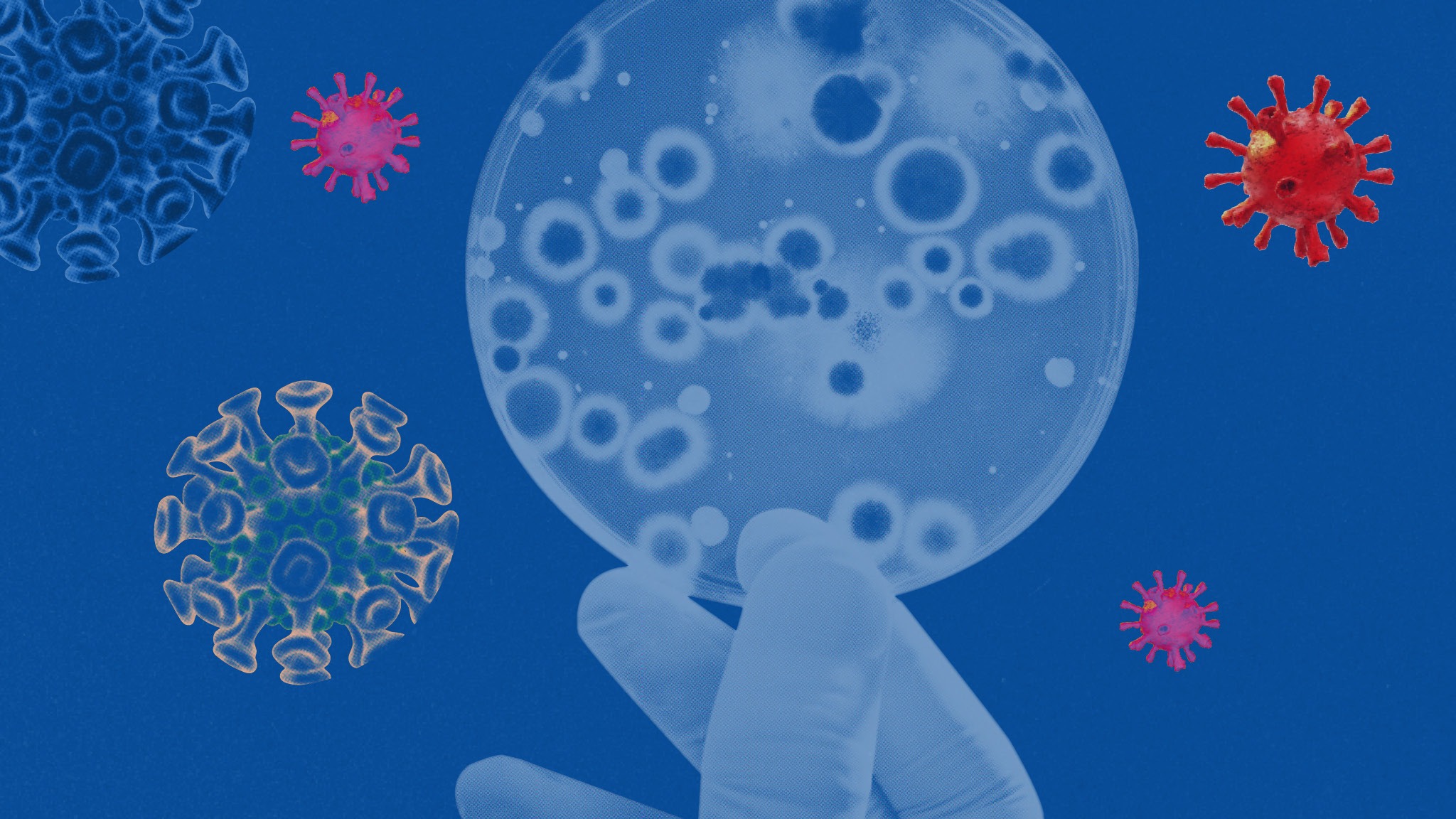
New Covid Variant “Not Worth Worrying About:” Virologists
Manas Dasgupta
NEW DELHI, Jan 4: Even as the scientists reported having located a new Covid-19 variant, this time in France, the virologists said it may not be worth worrying about. Pointing out that the new variant was first detected even before Omicron, the low number of cases could be suggesting that it may not be threatening.
Earlier another group of researchers had also predicted that the Covid pandemic may be coming to an end with lesser threatening variants could ease out the situation turning the Coronavirus into a common fever and cold disease.
The IHU variant being reported from France was diagnosed even before Omicron came to light. Virologists and scientists now say that the low number of cases from the variant, despite its early detection, could be a sign that it’s not that threatening. “It may not be worth worrying about,” they said.
Named as ‘IHU’ the B.1.640.2 variant has been reported by researchers at the institute IHU Mediterranee Infection. At least 12 patients have been diagnosed with the unique mutation of SAR-CoV-2 in Southern France and research are yet to fully understand the behaviour of the likely new variant.
Dr Thomas Peacock, a virologist at Imperial College London said the variant has had a decent chance to cause trouble but never really materialised. The strain was uploaded on the variant-tracking database GISAID on November 4, days before Omicron was announced to the world as a new variant. Since November, when WHO recognised Omicron as a variant of concern, it has spread to all continents with a new surge of cases in the US, UK, India, Europe and South Africa. However, so far only 12 cases of IHU have been reported. The World Health Organisation (WHO) too has also remained quiet on the variant even as it continued to raise concern over the Omicron variant that is slowly replacing Delta as the most dominant form of Coronavirus in most parts of the world.
Details about the “IHU” variant have been released in a yet-to-be-peer reviewed paper. IHU has 46 mutations and 37 deletions resulting in 30 amino acid substitutions and 12 deletions. Amino acids are molecules that combine to form proteins, and both are the building blocks of life. Fourteen amino acid substitutions, including N501Y and E484K, and nine deletions are located in the spike protein.
Most currently used vaccines are targeted at the spike protein of SARS-CoV-2, which the virus uses to enter and infect the cells.
N501Y and E484K mutations were earlier also found in Beta, Gamma, Theta and Omicron variants. “The mutation set and phylogenetic position of the genomes obtained here indicate based on our previous definition a new variant we named IHU,” the authors of the study said. “These data are another example of the unpredictability of the emergence of SARS-CoV-2 variants, and of their introduction in a given geographical area from abroad,” they added.
Epidemiologist Eric Feigl-Ding posted a long Twitter thread in which he said that new variants keep emerging but it does not necessarily mean they will be more dangerous. “What makes a variant more well-known and dangerous is its ability to multiply because of the number of mutations it has in relation to the original virus,” Feigl-Ding tweeted on Tuesday.
“This is when it becomes a “variant of concern” – like Omicron, which is more contagious and more past immunity evasive. It remains to be seen in which category this new variant will fall,” he said.
Professor Philippe Colson, one of the authors of the preprint paper said, “We indeed have several cases of this new variant in the Marseille geographical area.” The B.1.640.2 has not been identified in other countries so far or labelled a variant under investigation by the WHO. According to the researchers, the index (first) case was an adult diagnosed positive by RTPCR performed in a laboratory on a nasopharyngeal sample collected in mid-November last year.













